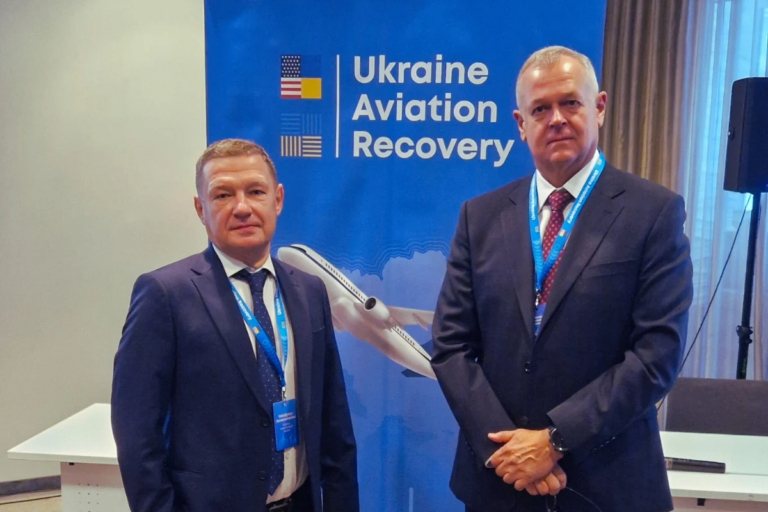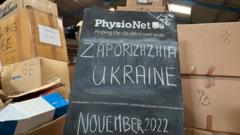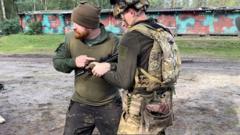Latest news for today in Ukraine
They posted preliminary results of their research on bioRxiv.org, an open access preprint repository for the biological sciences.
It says that scientists have successfully forced the body of all animals participating in the experiment to produce antibodies that can neutralize different strains of SARS-CoV-2.
“Here we developed a pilot-scale production of a purified inactivated SARS-CoV-2 virus vaccine candidate (PiCoVacc), which induced SARS-CoV-2-specific neutralizing antibodies in mice, rats and non-human primates. These antibodies potently neutralized 10 representative SARS-CoV-2 strains, indicative of a possible broader neutralizing ability against SARS-CoV-2 strains circulating worldwide. Immunization with two different doses (3 micrograms or 6 micrograms per dose) provided partial or complete protection in macaques against SARS-CoV-2 challenge, respectively, without any antibody-dependent enhancement of infection,” the paper says.
Read alsoUkraine’s chief doctor: Zelensky offers local scientists US$1 mln for coronavirus vaccine
The vaccine was created by Sinovac Biotech Ltd, Beijing, China and their colleagues from the Chinese Academy of Sciences.
“To develop preclinical in vitro neutralization and challenge models for a candidate SARS-CoV-2 vaccine, we isolated SARS-CoV-2 strains from the bronchoalveolar lavage fluid (BALF) samples of 11 hospitalized patients (including 5 ICU patients), among which 4 are from China, 4 from Italy, 1 from Switzerland, 1 from UK and 1 from Spain,” the research says.
The sequence initially determined for PiCoVacc P1 stock was used as a reference sequence.
“To investigate the spectrum of neutralizing activities elicited by PiCoVacc, we conducted neutralization assays against the other 9 isolated SARS-CoV-2 strains using mouse and rat serums collected 3 weeks post vaccination. Neutralizing titers against these strains demonstrate that PiCoVacc is capable of eliciting antibodies that possibly exhibit potent neutralization activities against SARS-CoV-2 strains circulating worldwide,” the scientists said.
They next evaluated the immunogenicity and protective efficacy of PiCoVacc in rhesus macaques (Macaca mulatta), a non-human primate species that shows a COVID-19-like disease caused by SARS-CoV-2 infection. Macaques were immunized three times via the intramuscular route with medium or high doses of PiCoVacc. All vaccinated macaques were largely protected against SARS-CoV-2 infection with very small histopathological changes in lung.
“We provide extensive evidences for the safety of PiCoVacc in macaques; neither infection enhancement nor immunopathological exacerbation was observed in our studies. Our data also demonstrate a complete protection against SARS-CoV-2 challenge with 6 micrograms per dose of PiCoVacc in macaques. Collectively these results suggest a path forward for clinical development of SARS-CoV-2 vaccines for use in humans. Phases I, II and III clinical trials with PiCoVacc, as well as other SARS-CoV-2 vaccine candidates, are expected to begin later this year,” they say.



